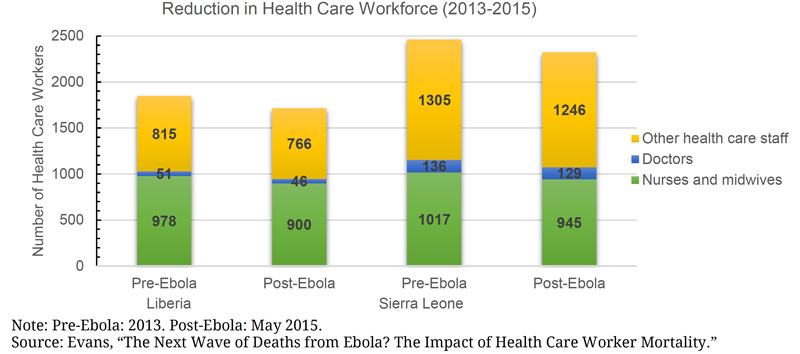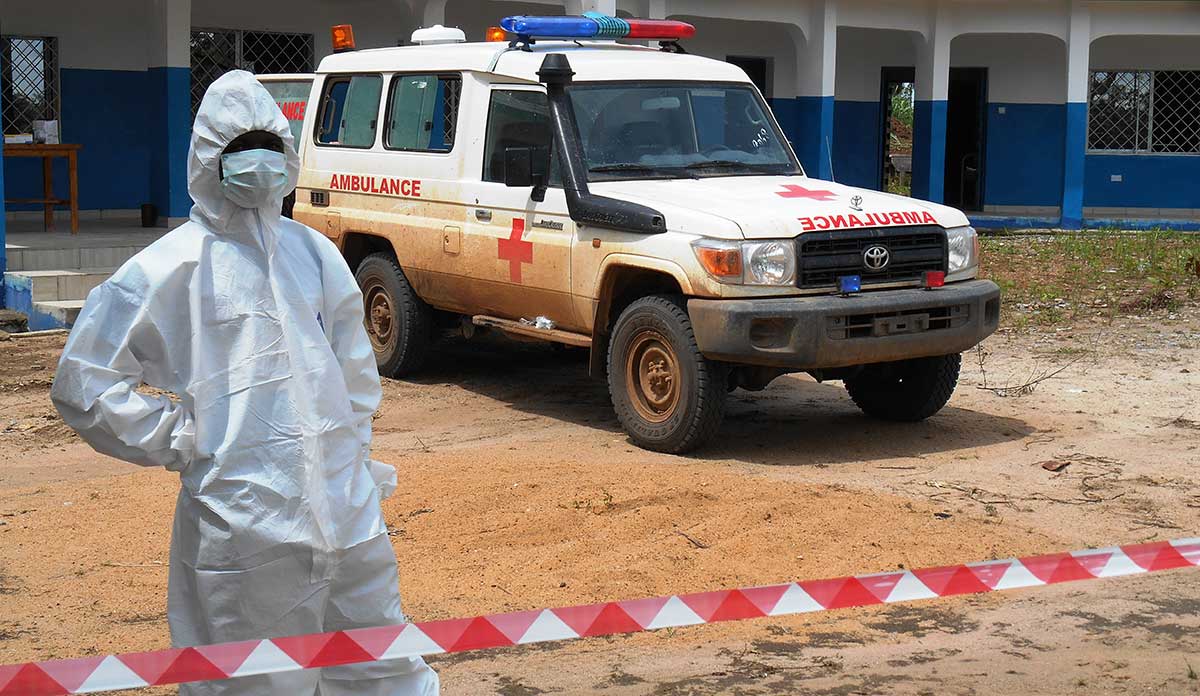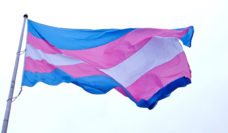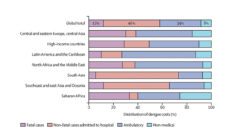In 2014, Time featured Salome Karwah, an “Ebola Fighter,” on the cover of the magazine’s Person of the Year issue. A Liberian nursing assistant and Ebola survivor, Karwah treated patients at the Doctors Without Borders Ebola treatment unit near the capital city of Monrovia. In February 2017, Karwah died two days after giving birth to her son, Jeremiah Solomon Karwah, at the Eternal Love Winning Africa (ELWA) hospital.
Karwah suffered from high blood pressure after her cesarean section, returned home, and then experienced convulsions before collapsing. James Harris, her husband, rushed her to the ELWA hospital, but the attending physician refused to treat Karwah because he was not specialized in treating Ebola survivors. Karwah’s story highlights the challenges in delivering maternal and child health services in communities suffering from a loss of health providers and touched by Ebola-related stigma and discrimination.

Photo via Cathryn Streifel, “How Did Ebola Impact Maternal and Child Health in Liberia and Sierra Leone?” Center for Strategic & International Studies Global Health Policy Center.
Cathryn Streifel lists Ebola’s effects on the Liberian health care system, particularly around maternal and child health, in a report by the Center for Strategic and International Studies. Pre-Ebola, there were 978 nurses and midwives, 51 doctors, and 815 health care staff in Liberia. Post-Ebola, there are 900 nurses and midwives, 46 doctors, and 766 health care staff. This may not sound like a significant decrease in the number of health providers in Liberia, but David K. Evans, Markus Goldstein, and Anna Popova note that this loss in health providers may increase maternal mortality by 111% and under-five mortality by 28%. Policymakers and other stakeholders must learn from Salome Karwah’s story to adopt laws, policies, and programs so that health systems post-Ebola drastically increase the number of health providers and implement training to reduce Ebola-related stigma and discrimination.
Databyte feature photo: An Ebola burial worker and vehicle in Bombali, Sierra Leone. © 2014 Peter Kilmarx, Courtesy of Photoshare














